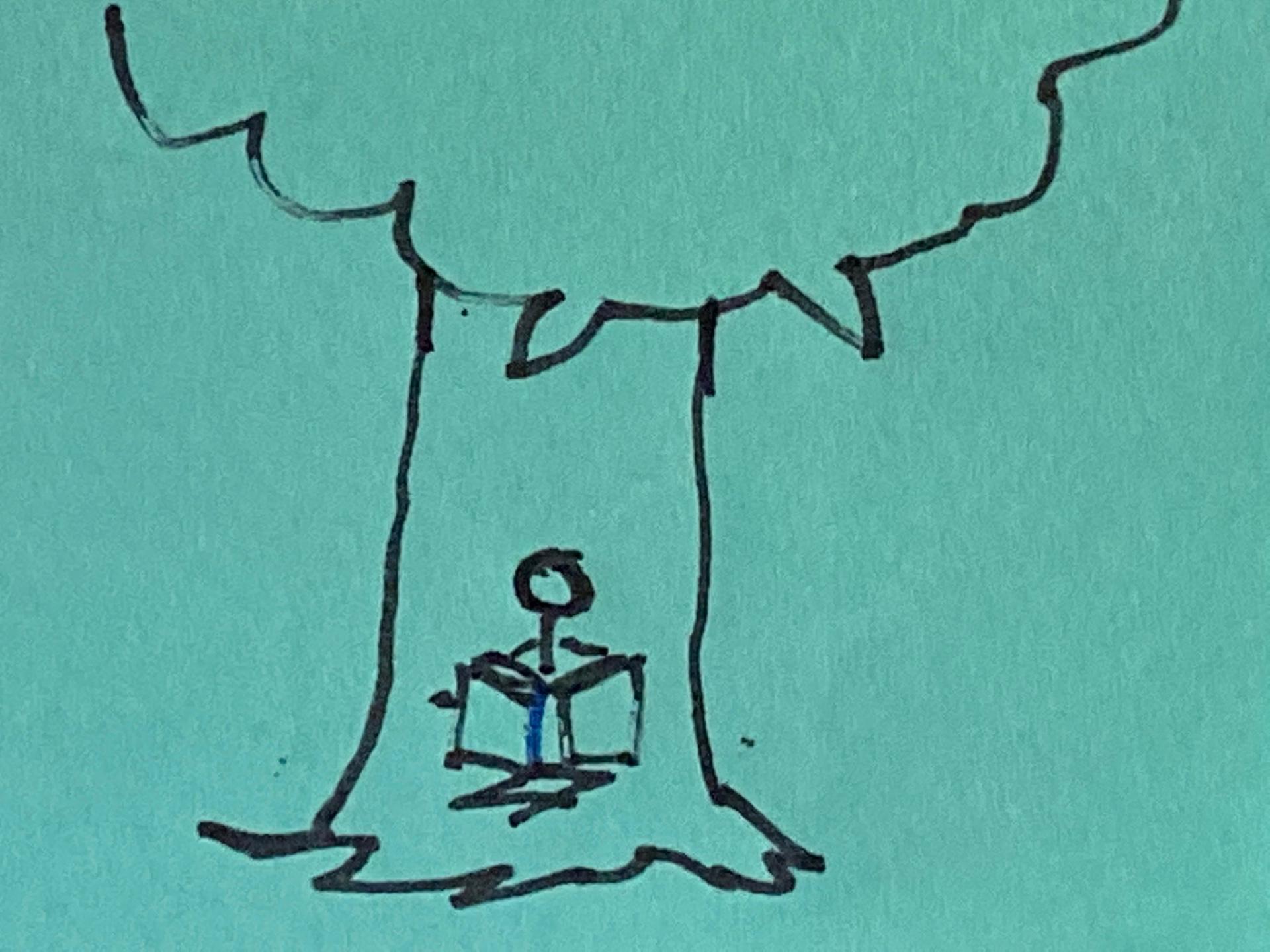Literacy
If you are not yet literate, work to become so; if you are literate, work to improve your literacy.

the information ecology is highly polluted. To do Your Own Thinking you need to be able to sort the good from the bad, often within the same book or article. These demands require that we look at literacy more comprehensively.
Knowing how to read and write does not make us fully literate.
-
The basics of literacy are the ability to read and write. If you do not yet have those skills, then I highly recommend that you learn them. If someone is reading this patterns to you, then start with that person and look for classes or tutors to help you achieve this important skill.
-
Of course, you can be literate in one language and not another. If you’re literate in a language other than English, then I applaud your willingness to take on books in English.
-
Beyond the basics of reading and writing, there are various levels of understanding, application and expression that can be expanded. Many of the patterns in this book strive to help you gain the tools you need to better understand and make sense of the world. I assert that literacy should include audible language, as in recordings, oratory, speeches, etc. We often hear language, and it’s important to know what kind of language you’re being exposed to, whether you’re reading it or hearing it.
-
Expression is important because it allows you to communicate with others, and there is real skill in being able to do that without being misunderstood. Poets, diplomats, and orators have long been revered for their ability to speak truth in a way that it can be heard by those who need to hear it. It is well worth the effort to improve your writing skills so you can use writing as a tool for change.
-
You also need to be able to identify the type of expression you’re reading. Is this article a report or an opinion? Is these people engaged in an argument, debate, discussion or dialogue? Am I reading rhetoric or someone who wants me to make up my own mind? These kinds of distinctions may remind you of high school Language Arts classes, but they are the kinds of writing you’re likely to be faced with every day, so it’s good to know how they’re different and what their uses are. In many cases, their aim is to sway you and prevent you from doing your own thinking.
Therefore:
If you cannot yet read and write, find a way to learn that skill; if you are literate, work to improve your literacy.
Many definitions of literacy include Numeracy, which is a kind of mathematical literacy, but we treat that as a separate pattern